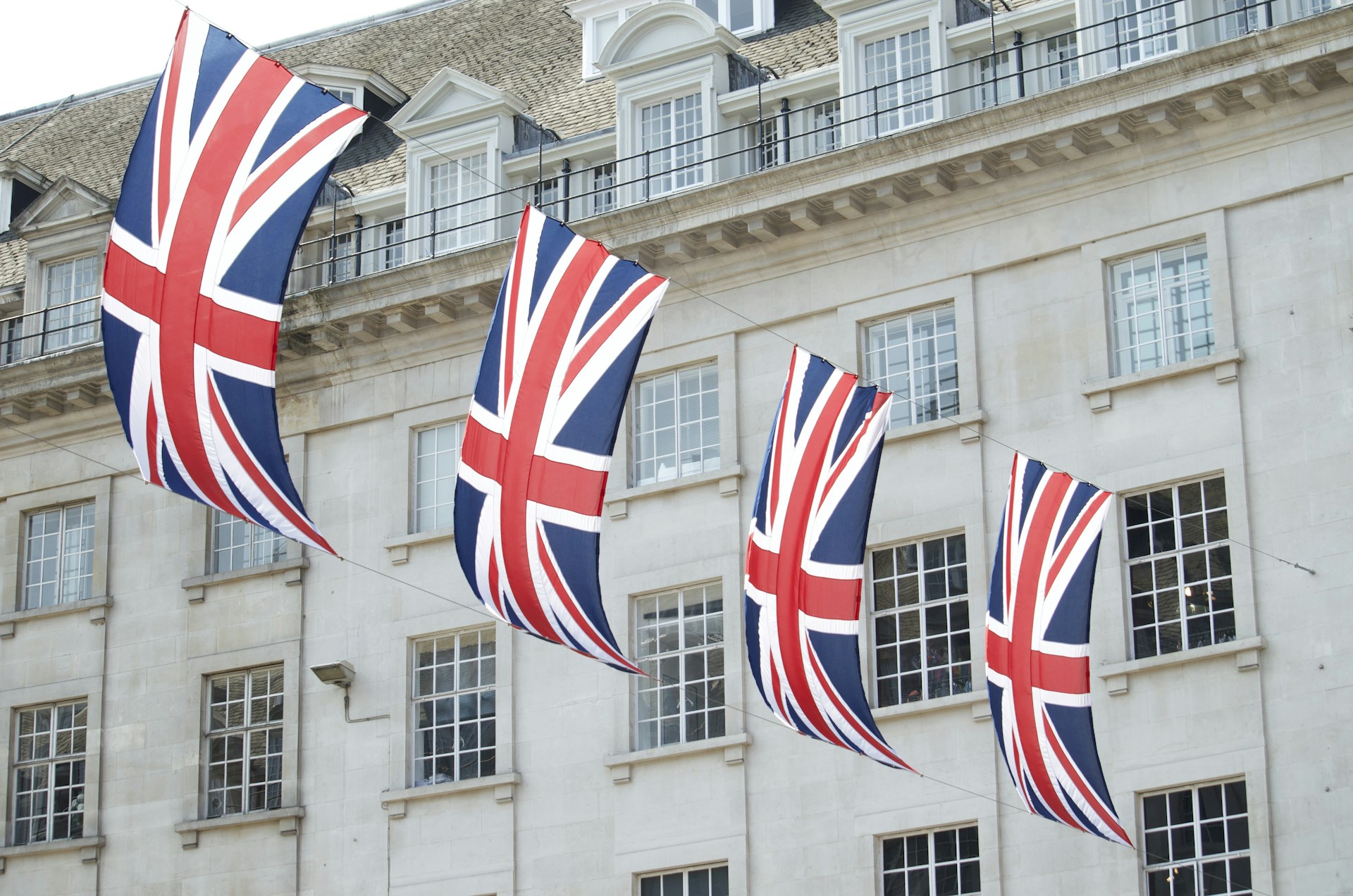
“Some” ou “Any” ?
In English, “some” and “any” are used to talk about an indefinite quantity, which is not specified exactly. They often accompany countable plural nouns (apples, books) or uncountable nouns (milk, time).
GRAMMAR TIPS
Liz Aldam
4/24/20251 min read

“SOME” – Used in affirmative sentences
We use some in positive (affirmative) sentences to express that there is a certain quantity of something.
I have some time.
She bought some apples.
There is some water in the bottle.
Possible translation: du, de la, des, quelques (some, a few)
“ANY” – Used in questions and negative sentences
Questions:
Do you have any sugar?
Is there any milk left?
Negative sentences:
I don’t have any money.
He didn’t buy any bread.
Possible translation: de, du, de la, des (in negative or interrogative contexts)
Exceptions: When to use “some” in a question
You can use some in a question, but only if you expect a positive answer or if you are making an offer or polite request:
Offer:
Would you like some coffee?
Can I get you some help?
Request:
Could I borrow some paper, please?
Using some makes the question more friendly and polite. Any is not used here because it sounds too neutral or blunt.
Useful expressions to know:
Somebody / someone → quelqu’un
Anybody / anyone → quelqu’un / personne (in questions or negatives)
Something → quelque chose
Anything → quelque chose / rien (depending on context)
Examples:
Is there anything I can do?
Someone is at the door.
I don’t know anyone here.
Liz Aldam – English Language Specialist
Phone: +33 6 16 90 60 38
Whatsapp: +55 (12) 98294-1433
© 2025. All rights reserved.
4 Pl. Claude Debussy, 95820 Bruyères-sur-Oise, France.
